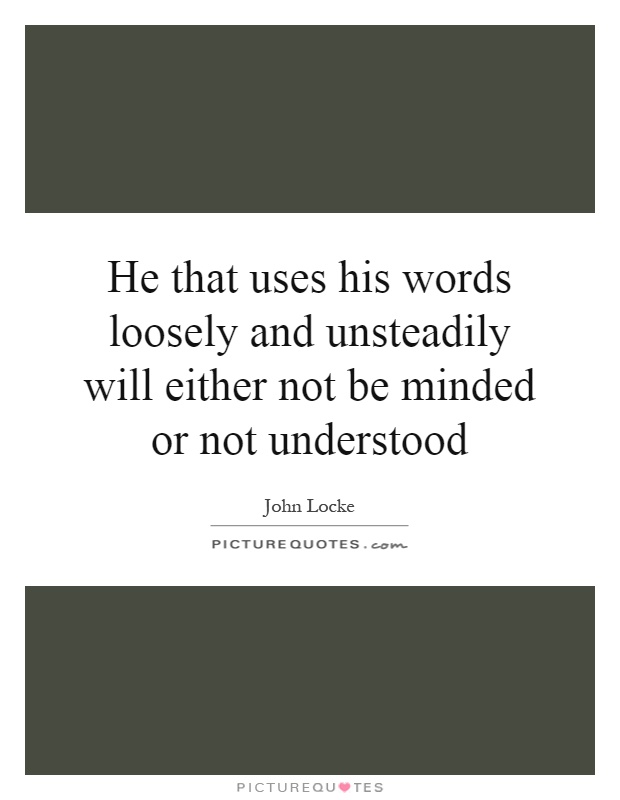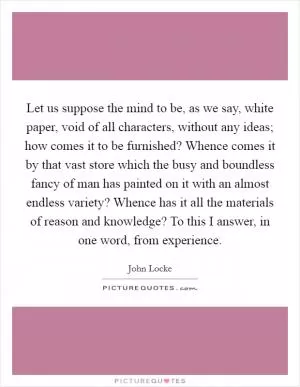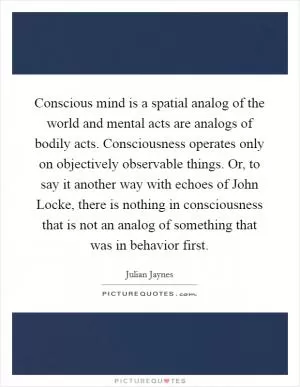He that uses his words loosely and unsteadily will either not be minded or not understood

He that uses his words loosely and unsteadily will either not be minded or not understood
John Locke, a prominent English philosopher of the 17th century, is known for his contributions to the fields of epistemology, political theory, and education. One of his key beliefs was the importance of clear and precise communication in order to effectively convey ideas and arguments. In his work, Locke emphasized the significance of using words carefully and accurately in order to be both understood and taken seriously by others.Locke believed that language was a crucial tool for human communication and understanding. He argued that words were the means by which individuals expressed their thoughts and ideas to others, and that the use of language played a central role in shaping human knowledge and understanding. In his famous work, "An Essay Concerning Human Understanding," Locke explored the nature of language and its relationship to knowledge, arguing that clear and precise communication was essential for the development of sound reasoning and rational thought.
According to Locke, individuals who used their words loosely and unsteadily were at risk of either not being taken seriously or not being understood by others. He believed that the misuse or misinterpretation of language could lead to confusion, misunderstanding, and ultimately hinder the exchange of ideas and information. Locke emphasized the importance of using words accurately and consistently in order to convey one's thoughts clearly and effectively.
Locke's emphasis on the importance of clear and precise communication has had a lasting impact on the fields of philosophy, linguistics, and communication theory. His ideas have influenced subsequent thinkers and scholars who have sought to understand the role of language in human communication and knowledge. Locke's belief that effective communication requires careful attention to the use of words continues to resonate with contemporary discussions about the importance of clarity, precision, and accuracy in language use.












 Friendship Quotes
Friendship Quotes Love Quotes
Love Quotes Life Quotes
Life Quotes Funny Quotes
Funny Quotes Motivational Quotes
Motivational Quotes Inspirational Quotes
Inspirational Quotes